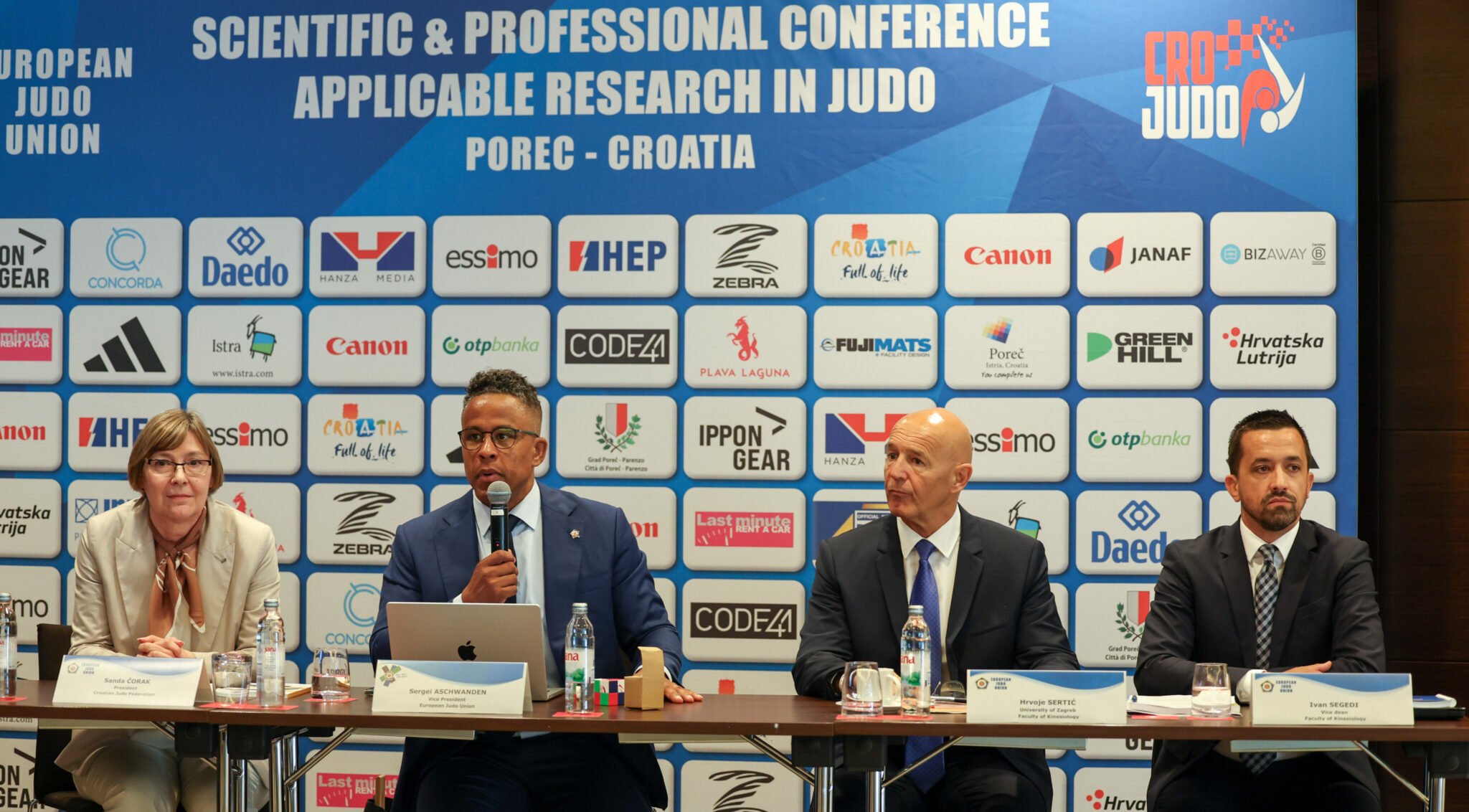In accordance with the customary schedule of the Judo Festival, the 7th edition of the Scientific and Professional Conference has convened in the picturesque locale of Porec. Following welcome words from Prof Hrvoje Sertic, Chairman of University of Zagreb Faculty of Kinesiology; Dr Sanda Corak, President of the Croatian Judo Federation; Mr Sergei Aschwanden, EJU Vice-President in charge of Education sector and Prof Mario Baic, University of Zagreb Faculty of Kinesiology Dean, a number of research studies were prepared for dissemination.
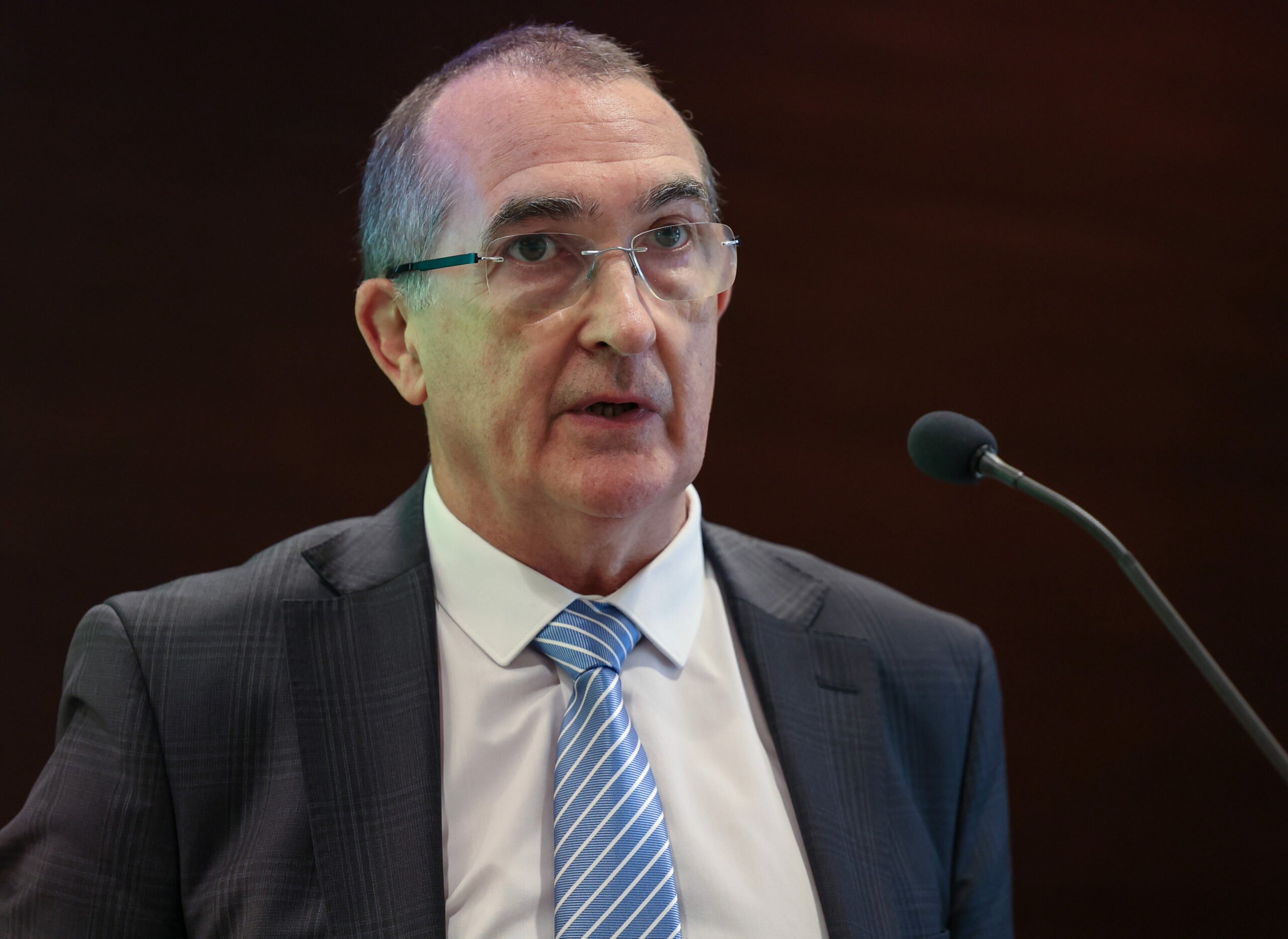
The i-dōjō
Among the first series of presentations was Prof Mike Callan, EJU Scientific Commissioner and he delivered on the following topic: The Contribution of Judo Research of the i-dōjō at the University of Hertfordshire.
The i-dōjō is an International Judo Research Unit, which sits within the Centre for Research in Psychology and Sport, it is based in the Institute of Sport at the University of Hertfordshire. The i-dōjō launched in April 2018 with the mission to benefit the development of high quality evidence based understanding and impact on the management of coaching and practice of the way of judo.
The intent of the i-dōjō was to offer postgraduate research study into aspects of judo. Initially, three students commenced PhD study, having completed their pre-PhD programme at University of Chichester (UoC). Over a six-year period, from 2018-2024, 11 PhD students and one MSc by Research student started and/or completed research on multiple and diverse Judo topics. The i-dōjō offers four activities: Research, Consultancy, Knowledge Transfer and Training.
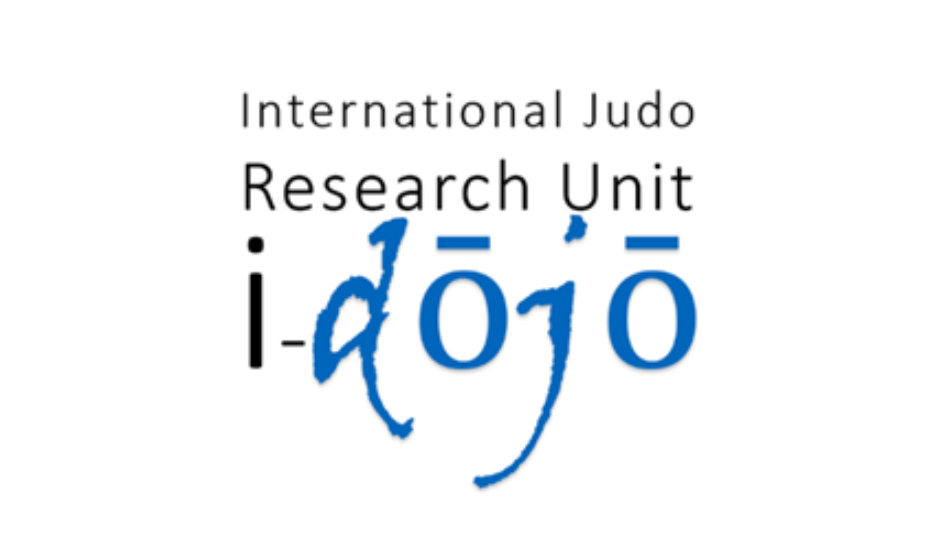
The unit also collaborates extensively with the Live Longer Better in Hertfordshire movement, seeking to encourage active ageing through judo practice. Additionally, there is a strong relationship with the British Judo Association and the members of the i-dōjō have key roles in a number of national federations including Croatia, Iceland, Belgium, Malta and Azerbaijan enabling regular knowledge sharing. Professor Callan added;
We have so many postgraduate students with influence within the judo family that we are in a great position to be able to take that academic evidence and help the judo family to make evidence based decision and this is really important for the future of our wonderful sport.
Moving forward, I think we have to do a lot more work on equity and equality and improving the opportunities for female judoka around the world, I think this is really important. There are a lot of hidden barriers still within society so women’s judo is very important. Also, I think judo for older adults the number of older people in the world will double in the next 30 years o we have to take the responsibility as judo, we can’t just focus on kids, becuase actually the whole society will be older. so we need to do more research for example around veterans judo and the way we can allow to do judo into later life.
To get involved with i-dōjō contact the team via the following email: mikecallan@judospace.com
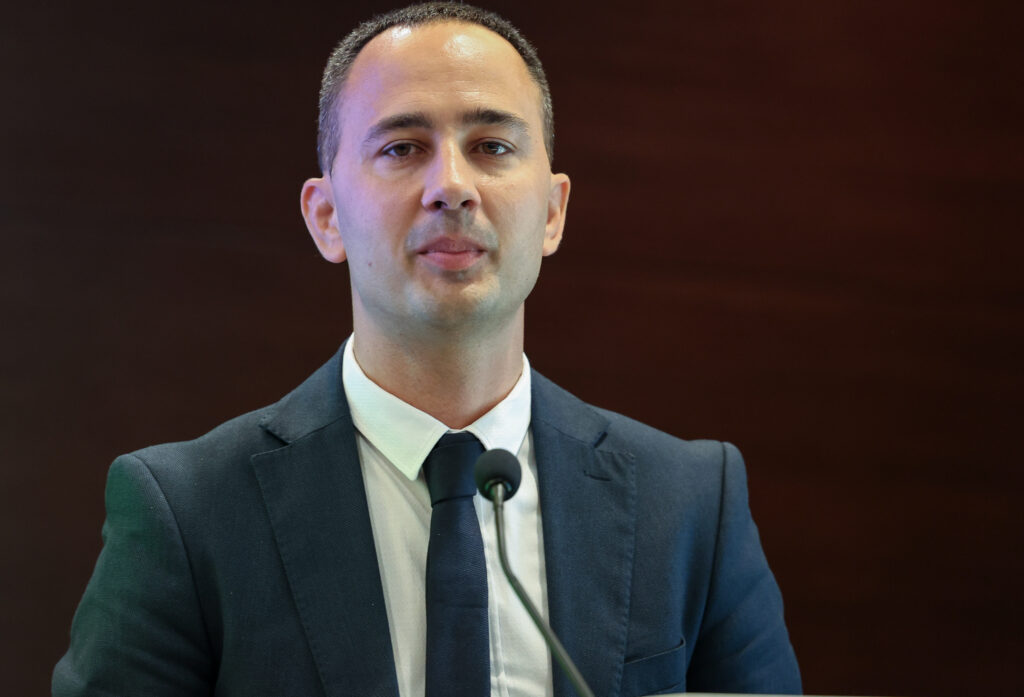
Judo is Safe
Prof Nemanja Stankovic, EJU Scientific Commissioner delivered his studies on Judo Is Safe: From Fighting Martial Art To A Modern Olympic Sport. This aim of the paper is a comprehensive retrospective analysis of the evolution of judo rules from its inception in 1882 to the present day, focusing on safety regulations. Judo, originating from jujutsu, underwent significant transformations in the late 19th century, transitioning from a combat practice to a structured athletic discipline under the guidance of Jigoro Kano. The study highlights the development of rules aimed at ensuring competitor safety, from the early prohibition of dangerous techniques to modern-day refinements targeting injury prevention. Through an examination of historical documents and contemporary research, the paper demonstrates judo’s ongoing commitment to balancing its martial heritage with modern safety standards, reaffirming its position as a global sport promoting discipline, respect, and personal development.
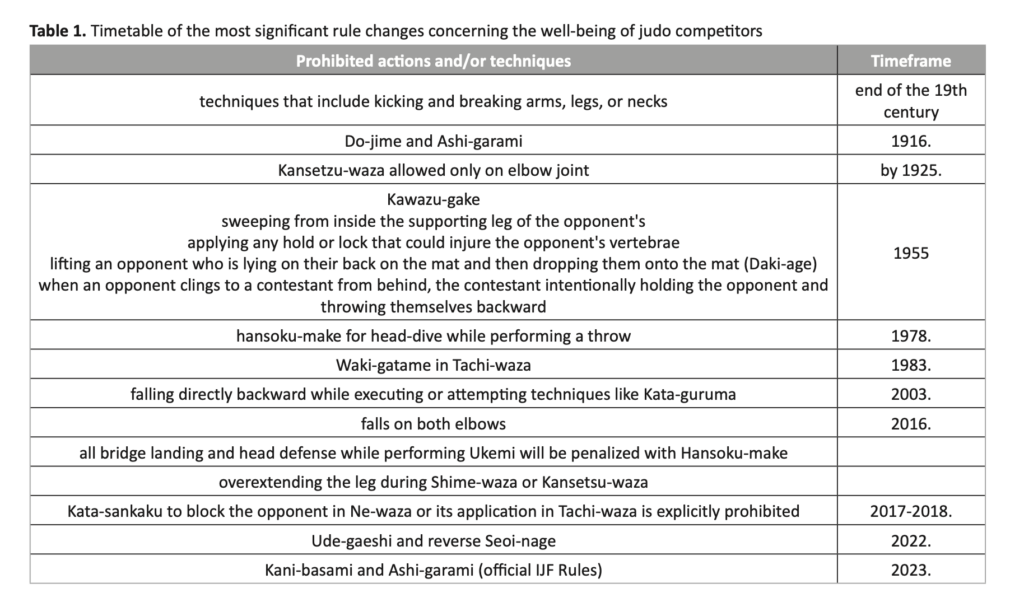
In conclusion, the evolution of judo rules reflects a continuous effort to balance the sport’s martial origins with modern safety standards. From its inception under Jigoro Kano’s guidance to its global expansion and refinement by the International Judo Federation, judo has maintained a steadfast commitment to prioritizing the well-being of its practitioners. While adapting to contemporary demands and challenges, the sport has remained true to its core values of discipline, respect, and mutual benefit, ensuring that judo continues to thrive as both a competitive sport and a vehicle for personal development. Professor Stankovic concluded his presentation by noting;
Fortunately, judo has a low incident rate, yet the methodology of teaching judo should be closely observed in order to improve as education remains the key focus.
For more information on each topics of Applicable Research in Judo 2024 please visit the following link.
Presented research studies vol 1
| NEW TRENDS IN JUDO STRENGTH TRAINING: PRACTICAL APPLICATONS TOWARDS MAXIMUM WORK SPECIFICITY – Raquel Escobar-Molina |
| THE CONTRIBUTION TO JUDO RESEARCH OF THE I-DŌJŌ AT THE UNIVERSITY OF HERTFORDSHIRE – Mike Callan |
| JUDO IS SAFE: FROM FIGHTING MARTIAL ART TO A MODERN OLYMPIC SPORT – Nemanja Stankovic |
| LINKS BETWEEN TATAMIS – RESEARCH AND RESEARCH – TATAMIS THE CONTRIBUTION OF RESEARCH TO TATAMIS AND THE CONTRIBUTION OF TATAMIS TO RESEARCH – Michel Calmet |
| TEACHING JUDO TACTICS ? – Michel Brousse |
Images: Carlos Ferreira
Author: Szandra Szogedi



